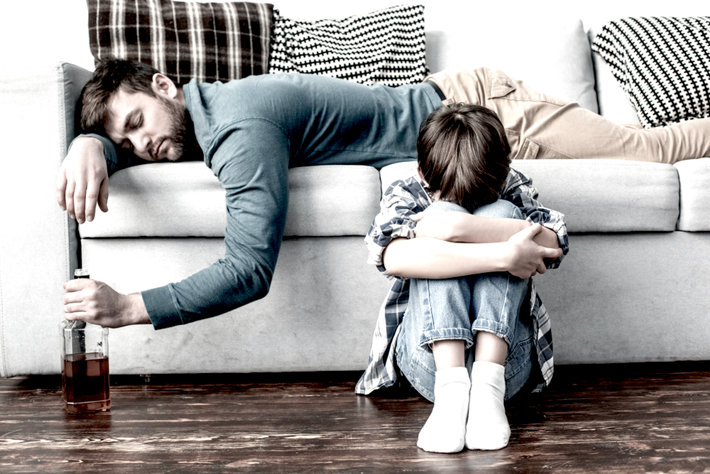Parenting and Drug Use:
The Worst Mix in the World

With just a quick look around, it would be far too easy to collect a stack of stories that prove that parenting and drug use are not only a terrible idea, it can be deadly.
In the case of marijuana use, it’s common for intoxicated parents to lose track of time. This is a characteristic of this drug’s effects. When children are involved, however, time is very often of the essence and a child’s life can be – and has been – lost when time passes unrecognized.
As reported by Parents Opposed to Pot, a Colorado woman parked her SUV with her two toddlers inside while she crawled into her boyfriend’s truck, smoked marijuana and had sex. She left the engine running and the heater turned up while she was gone so the boys wouldn’t freeze in the late November weather. She was gone for 90 minutes and when she came back, one boy wasn’t breathing and the other died in the hospital a week later.
In Florida, neighbors found a three-year-old child locked out of his home after his mother and her boyfriend smoked pot and used whip-its (nitrous oxide inhalants). And in Wichita in July, a ten-month-old girl died after being left in a closed car while her father got high.
Heroin, Painkillers, and Methamphetamine Also Create Extensive Harm
According to the University of Michigan, about one baby an hour is born addicted to opiate drugs in the U.S. That’s more than 8,000 babies a year. Each of these babies will go through withdrawal after birth, meaning they will be vomiting, have diarrhea, suffer muscle cramps and pain and cry inconsolably. The only treatment for the sickness is tiny doses of methadone or morphine, graduating to smaller and smaller doses to wean them off the drugs until they are finally through withdrawal.
When children live in homes where methamphetamine is used, there are many ways they can suffer. It is very common for parents to neglect the care their children need. Social workers or law enforcement personnel who find children in the homes of meth users often find no food, feces throughout the home along with used needles, pests, and piles of garbage. When homes are used to manufacture methamphetamine, children will often test positive for meth or the toxic chemicals used to manufacture this drug. And meth-home children are too often sexually abused or beaten by delusional parents.
What Can Be Done About it?
There is no simple solution to this problem. But still, there are some things that can be done to make it better.
1. Some families must make the decision to intervene on behalf of children in homes where drugs are being used heavily. It may require going through the courts or working with social workers. Perhaps a trusted minister could work with the parents to help them see that their children need a better environment and encourage them to rely on family to care for the children until their lives are better.
2. It is critically important that any woman who is or could become pregnant who is using drugs be helped to get sober. This is important not only for her but for the next generation. (Of course, rehab is vital for both sexes but if a woman becomes pregnant while she’s using, then there are two people who are using those drugs.)
3. Don’t overlook a thorough education for teens who are very likely to see drugs used and alcohol overused all around them, even if they have not tried them. When a parent takes a strong, immovable stand on the issue of drug abuse. young people are more likely to stay sober. The more that young people stay out of this trap, the better the chance they will avoid any problems with addiction in the future.
Narconon has many resources for learning more about the risks of drug abuse and for helping someone who is addicted. Knowing the enemy is half the battle and in this case, the enemies are the drugs and addiction. When a family has a thorough understanding of drug use and addiction, they are much better armed to take action and resolve the situation for good.
Sources:


 ®
®